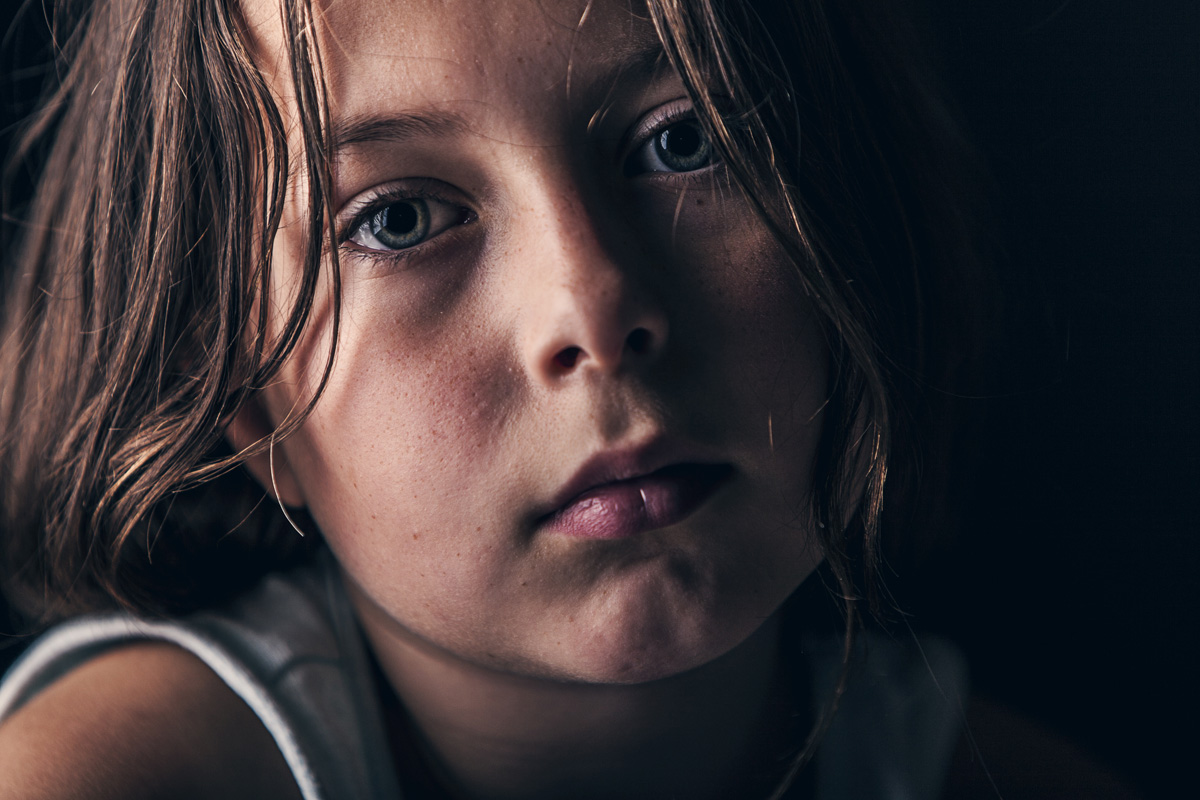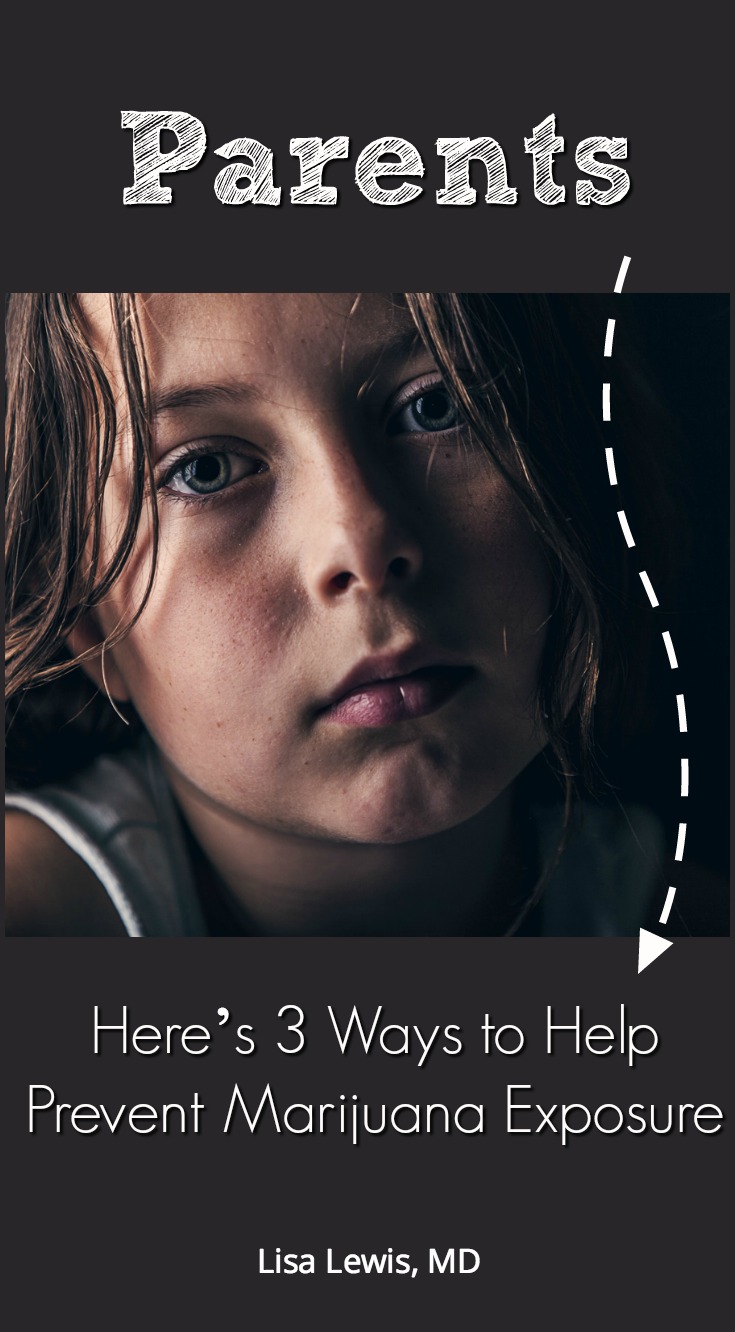Parents: Here’s 3 Ways to Help Prevent Marijuana Exposure
The American Academy of Pediatrics has opposed legalizing marijuana, due to the increased risk of exposure to children. According to George Sam Wang, MD, assistant professor in the department of pediatrics at the University of Colorado Anschutz Medical Campus, and colleagues “States that decriminalized medical marijuana have shown an increase in emergency department visits and regional poison center cases for unintentional pediatric marijuana exposures.” A study from the Children's Hospital in Aurora showed a 34% increase in childhood marijuana exposure during the 6 year period studied after legalization of marijuana.
No judgment here for folks who smoke marijuana for the medical benefits. Many adults smoke marijuana for enjoyment and recreational use, and succumbing to side effects and health risks are their choice. The problem with legalized marijuana is unintentional exposure to children and adolescents. Not only is the marijuana smoker modeling behavior that could adversely affect a child's health, but smoking marijuana around children is harmful. The Cannabis plant contains 400 chemicals! Edible marijuana is poisonous to children, and readily available. There are lollipops, brownies, and delicious treats available for adult consumption; quite tempting for a child who comes in contact with the delicious treats.
Here's what you can do if you or someone you know uses marijuana.
- Educate yourself or the person on the potential of life threatening toxicity for children and adolescents exposed to marijuana. Marijuana is lipid soluble, and is distributed to the brain, liver, and kidney after ingestion or inhalation. Children with developing brains and organs may have negative consequences short term and long term after marijuana exposure. There is no antidote for poisoning.
- If your child is exposed to marijuana, take him directly to the Emergency Department. If your child has any symptoms such as lethargy, unable to wake up, loss of coordination, inability to walk, slurred speech, or respiratory difficulty, call 911 for immediate assistance.
- Talk to your children about marijuana and how to avoid intoxication. Do not lecture, but educate them on the potential consequences. Use examples if you see a news story on a child who has overdosed on marijuana. Don't sound judgmental, and be an active listener. Don't talk about it just once, but don't overdo the conversation, either. Keep periodic marijuana talks going throughout childhood and adolescence. You should let your teenager know you are open to conversations about use. Tell your teenager if he is exposed to marijuana, he can call you to come get him with no consequences.
For more information about talking to your children and teens about marijuana, the Children's Hospital of Colorado has additional suggestions and information.
Sources:
US National Library of Medicine, National Institutes of Health
Infectious Diseases in Children, Volume 29, Number 9, September 2016


